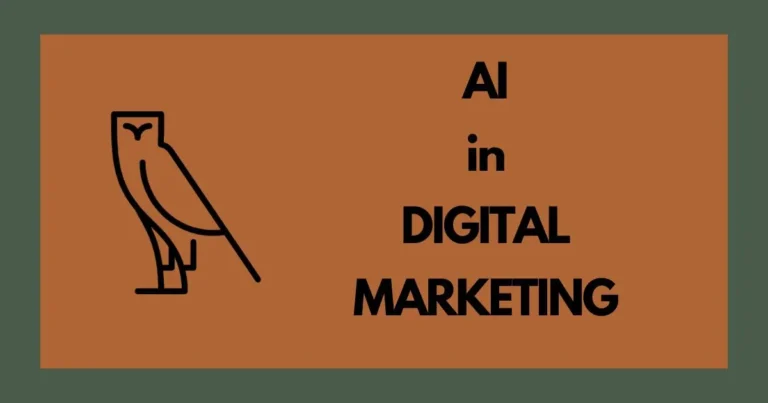AI in Digital Marketing
AI in Digital Marketing: 8 Content Revolutionizing Engagement and Personalization
AI enhances digital marketing by providing valuable insights and improving customer engagement.
AI in digital marketing is a game-changer, enabling marketers to analyze vast amounts of data and personalize campaigns with unprecedented precision. From targeted advertising to chatbots, AI enhances customer experience, boosts engagement, and drives higher conversion rates. By automating repetitive tasks, AI also frees up time for creative strategy, making marketing more effective and efficient.
Despite its potential, AI in digital marketing raises significant concerns. Over-reliance on AI-driven algorithms can result in depersonalized interactions and privacy issues, as users often feel uncomfortable with the extent of data being tracked and used. Additionally, the costs and complexity of implementing AI technologies can be barriers for smaller businesses, risking a divide where only large companies can truly leverage these tools.
TABLE OF CONTENTS:
- Personalization at Scale
- Predictive Analytics
- AI-Powered Chatbots and Conversational AI
- Content Generation and Management
- Programmatic Advertising
- AI for Email Marketing
- Voice Search Optimization
- AI-Powered Social Media Marketing
1. Personalization at Scale
AI in Digital Marketing enhances customer experiences by personalizing content based on browsing behavior, purchase history, and demographics. Algorithms predict the products a customer may want and recommend content that aligns with their interests. This tailored approach boosts engagement, conversions, and brand loyalty, helping companies attract new clients and increase sales.
2. Predictive Analytics
Marketers benefit from AI-driven predictive analytics by analyzing past interactions to forecast campaign performance, spot trends, and allocate resources effectively. BrandTech exemplifies this by optimizing email timing and targeting high-potential customers, ultimately increasing open rates and conversions.
3. System-Based Chatbots and Conversational AI
AI-powered chatbots provide efficient customer service by answering questions, guiding purchases, and offering personalized recommendations. These tools automate interactions to reduce human workload while delivering quick, realistic, and adaptive responses, enhancing customer support.
4. Content Generation and Management
Scalable content creation becomes possible with AI, making it ideal for tasks like writing product descriptions or social media posts. By personalizing content recommendations based on user behavior, AI also improves engagement metrics. While it doesn’t replace human creativity, AI significantly reduces the workload for content teams.
5. Programmatic Advertising
Programmatic advertising leverages AI to automate ad purchases and target specific audiences. By analyzing user data in real time, AI refines ad placement to improve return on investment. Bidding tactics and audience-specific ad delivery also benefit from real-time adjustments by AI-powered algorithms.
6. AI for Email Marketing
AI adds value to email marketing by creating targeted lists, determining optimal send times, and personalizing content based on user behavior. These tools support marketers in building effective campaigns that increase engagement and conversion rates. AI also analyzes performance data to fine-tune future strategies.
7. Voice Search Optimization
AI assists in optimizing content for voice search by analyzing user queries and understanding conversational language. Marketers can use these insights to focus on natural phrases and clear answers, making it easier for businesses to attract customers through voice-activated searches.
8. AI-Powered Social Media Marketing
Social media marketing has been transformed by AI’s ability to analyze trends, monitor brand sentiment, and manage interactions in real time. These tools allow businesses to adjust strategies quickly, based on campaign performance. Additionally, AI extracts insights from user content, guiding future marketing efforts.
Learn More…Ai in Digital Marketing
SITE OVER VIEW:
